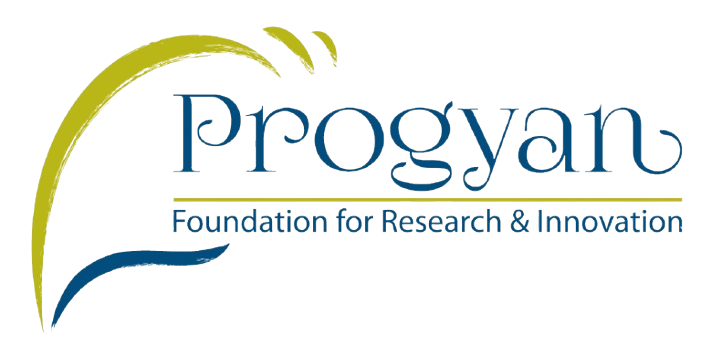From Knowledge to Practice: Strengthening Farmer Capacity for Climate-Smart Agriculture Adoption
A capacity building and awareness webinar titled 'From Knowledge to Practice: Strengthening Farmer Capacity for Climate-Smart Agriculture Adoption' was organized on April 8, 2025. Supported by the Asia-Pacific Network for Global Change Research (APN) and organized by the South Asian Forum for Environment (SAFE) in association with the Progyan Foundation for Research and Innovation (PFRI), the webinar served as a vital platform for bridging knowledge gaps and enhancing farmer capabilities for implementing climate-smart agricultural technologies across the climate-vulnerable regions of Bangladesh
The event brought together agricultural extension specialists, climate adaptation researchers, farmer group leaders, development practitioners, and community mobilizers from across Bangladesh to discuss practical approaches for scaling climate-smart agriculture knowledge and building farmer capacity for adaptation practices.
Key findings of the webinar
Knowledge-practice gaps remain significant with farmers demonstrating awareness of climate-smart agriculture concepts but facing implementation barriers including limited access to climate-resilient inputs, inadequate technical support, and insufficient financial resources for technology adoption.
Farmer-to-farmer knowledge transfer emerges as highly effective capacity building mechanism, with peer learning networks showing enhanced technology adoption compared to traditional extension approaches, particularly for integrated water management and crop diversification systems.
Digital agriculture platforms demonstrate growing potential for farmer outreach through mobile-based information services, but capacity constraints limit optimal utilization requiring enhanced digital literacy training and technical support for accessing weather information and market data.
Women farmers constitute increasing proportion of agricultural workforce necessitating gender-specific capacity building programs focused on climate-resilient homestead production, post-harvest management, and sustainable livelihood development strategies.
Participatory demonstration approaches through community-based learning prove most effective for building practical skills in integrated farming systems, soil conservation, and climate-adapted crop management requiring expansion to water-stressed and flood-prone regions.
The outcomes of the project are expected to enhance Bangladesh's agricultural knowledge systems and strengthen farmer capacity for implementing climate-smart practices through improved extension delivery and community-based learning approaches.



